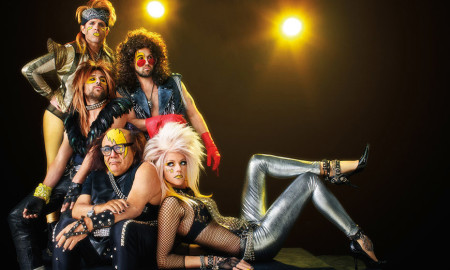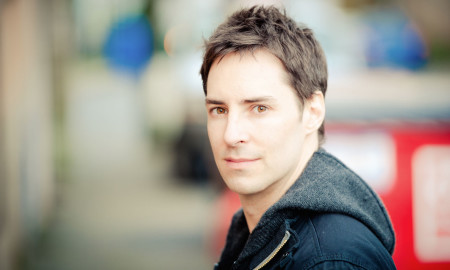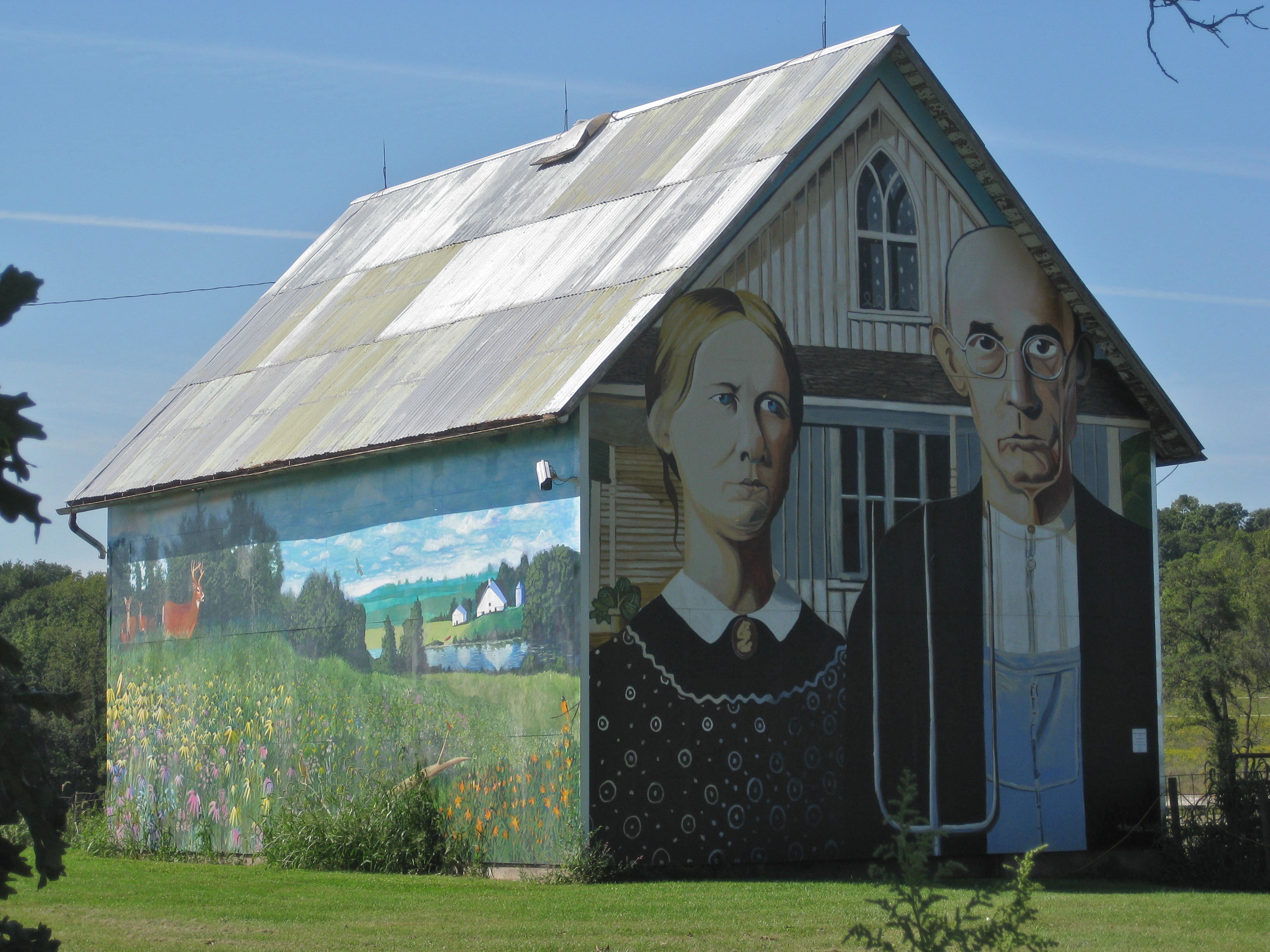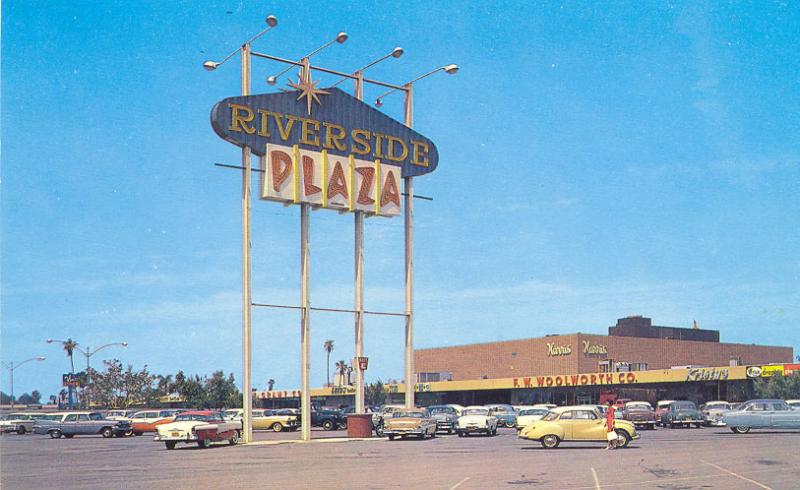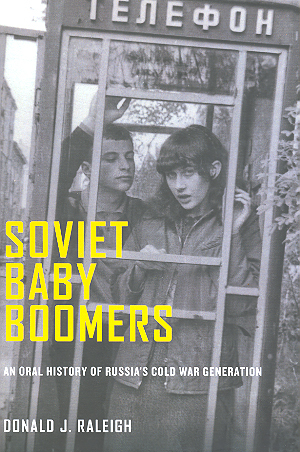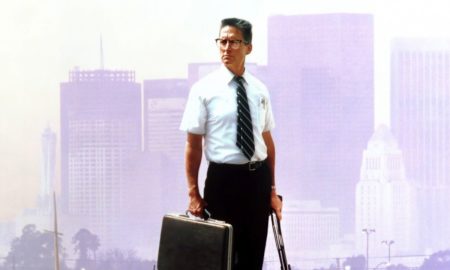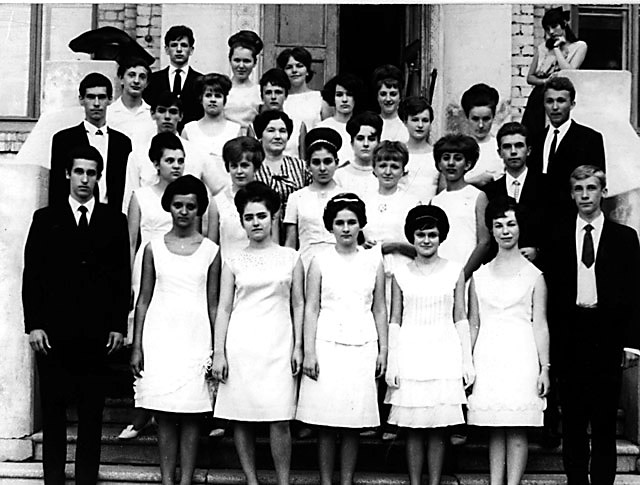

This oral history of Soviet Baby Boomers sheds a white light on the Red dawn.
Post-World-War-II, America’s landscape remained unscathed by the physical destruction of war. Its generation to come – known as baby boomers — would arguably be the most coddled, privileged, healthy and entertained in world history.
In contrast, The Soviet Union had maddening miles of dysfunction to sort out after the war. The country suffered more battle and bombing fatalities than any other nation on the planet (adding on to the millions who had already died in Stalin’s concentration-camp-like gulags).
Throughout the cold war, the Soviets remained secretive, competitive and paranoid. Their rulers’ dreams of total, functional communism by 1980 would never come true. Due to stifling bureaucracy, what came instead was squabbling leadership and an overall feeling of hopelessness. The population struggled with housing shortages, rampant alcoholism, and corruption at all levels of government, as well as black markets and hypocritical censorship.
However, as the post-war generation of Soviets came of age in the Sixties, they began to slowly thaw their frozen fates. Young people in The Soviet Union proved themselves to be, in the end, not much different from their Western counterparts. They longed for their own style of music, clothing and fun, and looked to the off-limits destinations of America and Western Europe for lifestyle cues.
As deliberately anti-Communist western broadcasts like Radio Free Europe and The Voice of America beamed their signals behind The Iron Curtain, Soviet baby boomers began to see, hear – and think — differently.
With the advent of the portable tape recorder (to record bootlegged, outlawed music) and a thriving black market for blue jeans, albums, chewing gum and even drugs, the arrows were pointed in every direction but the sorry one in which they were headed.
By the time Communism fell in the early Nineties, the adult baby boomers were already well on their way to a materialistic and opportunistic culture. The seeds were planted long before the Berlin Wall fell.
Donald Raleigh’s impressive new book, Soviet Baby Boomers: An Oral History of Russia’s Cold War Generation [Oxford University Press], shares his conversations with the generation of Russians who told him their incredible stories of turbulent lives and times. Their determination to feel hope and initiate change despite such oppression is truly inspirational.
For decades, these people remained faceless, until now.
We often think of Soviets living twelve to an apartment, or worse. For the baby boomers, how did Soviet housing change in the years after the war?
They experienced a vast improvement. Most of them spent their toddler years in communal flats, which were just horrific due to overcrowding and lack of amenities. {Soviet President] Kruschev then focused on mass-produced housing, to move them out of these communal flats and into smaller, private flats. Here, the walls don’t have ears. So they saw their lifestyles and living conditions improve. Only later when they traveled to Eastern Europe did they see that their “little brothers” lived much better than they did.
The only way to truly get ahead in Soviet society was through schooling, but that system, as good as it may have been academically, was riddled with bureaucracy and corruption.
This was all very much a part of Russia: discrimination against Jews, a quota system, the fact that bribery worked. Parents realized that they couldn’t leave their children financial wealth, but what they could do was use their connections to get their children a good education.
The Voice of America was instrumental in introducing the Soviet baby boomers to Western music (The Beatles, for example) and democratic ideology. The Soviet leadership surely despised it. How did it play out?
I think what is so fascinating is the state’s effort to jam it. The state itself produced a short-wave radio that clever school-age kids could easily fix to bypass the jamming. And they listened! What really appealed to youth was Western music. The Voice of America had The Jazz Hour and played The Beatles. I think that when they first began to listen to the political message was after the Soviet invasion of Czechoslovakia (1968), which also corresponded with their entrance into college.
Western youth culture was a powerful influence on Soviet baby boomers, more so than their political leaders had even imagined. How did those kids manage to let the pop culture flow into such a closed and oppressive environment?
They were amazingly adept and clever at circumventing [censorship] so they could do what they wanted to do. It was sort of the same practice they would use in shopping for food and for housing. It was through connections and giving lip service to the official message but doing pretty much what they could and what they wanted to do. For instance, they would make recordings of Beatles music on used chest X-rays. The emulsion would rub off after not too many plays.
Speaking English, I would imagine, would be a huge plus for any Soviet who was looking to possibly work in a capacity like diplomacy, outside the country.
They opened professional schools [in many languages], but especially English. The schools offered an amazingly intense program in English. Despite the cold war, or maybe because of the cold war rivalry, the parents encouraged this. So they were not only learning English, but it also made the world smaller. It made it possible for them to listen to The Beatles and read available literature. They glamorized the world abroad.
Soviet television remained, for the most part, very lame. As a result, the youth turned to movies and books for their escape, and had become avid, knowledgeable readers and moviegoers.
Television tended to be about high culture: ballet and concerts. The Soviets were really good at being really bad, so foreign films, especially American films, were always more popular. They were definitely readers and moviegoers.
As a result of government dysfunction and lack of social change, a cynical attitude permeated this generation, especially as they grew older. Was this a vital factor in how the system eventually fell?
Initially, they blamed the leaders. The government got rid of Kruchshev [in 1964]. That was huge. Eventually, they went from blaming leaders to actually blaming the system itself.
Even though the eventual fall of the Soviet Union meant a new life for this generation, did it also cause an incredible amount of adjustment and chaos for them?
The impacts of glasnost [a policy of more Soviet openness, initiated in the late Eighties] sort of equaled the playing field. Now, the same information was available to anyone who wanted it. It really shattered their belief system. After the collapse of the Soviet system, the economic situation became incredibly precarious. The society became democratic and [welcomed] capitalism, but their living conditions became horrible. Most of them had to retool. What is extraordinary is that nobody saw themselves as victims. Despite the difficulties of the 1990s, they don’t regret the collapse of the Soviet Union. They embraced joining the rest of the world.
Read it — live it — here:



